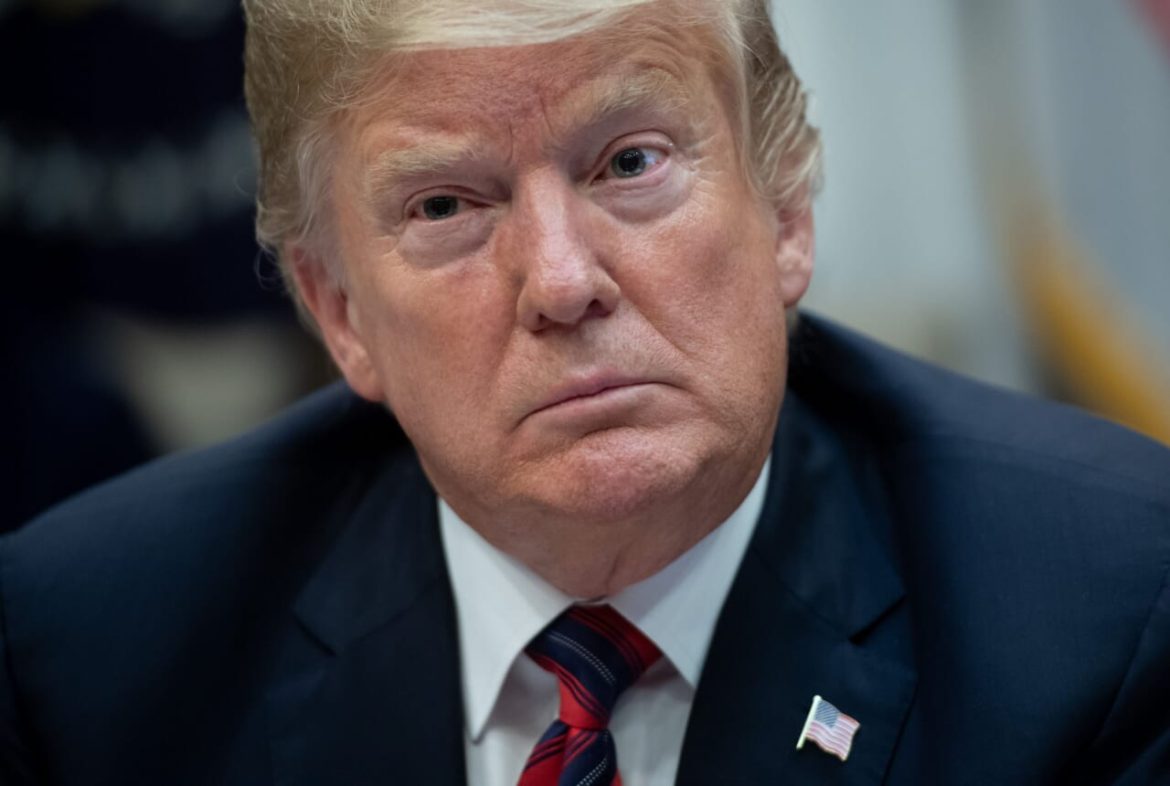He is the victim of a federal government that knows no bounds and has assumed powers nowhere granted in the Constitution by the sheer force of its own will. It has created a security state, replete with three lettered acronymic-named agencies — FBI, CIA, DEA, NSA, DIA — that are nowhere recognized in the Constitution, regularly break the written and moral laws, and are themselves far more dangerous to human freedom than the folks they pursue.
How many laws have the feds broken? Ha. No one knows how many criminal laws Congress has enacted. Estimates range from 4,400 to 5,500. How can this be? For starters, members of Congress in both parties rarely if ever read the legislation they enact. House members were given 15 minutes to read the 132-page Patriot Act, which passed overwhelmingly. And much federal law is so convoluted that a simple reading leaves even an experienced lawyer and judge bewildered as to how many different behaviors were made criminal by the statute in question.
Yet, nearly all federal criminal laws — including those now confronting Trump — are wildly unconstitutional. That’s so because the Constitution only authorizes the feds to enact criminal statutes in two areas — criminalizing treason and debasement of the money supply. All remaining criminal laws — those that are intended to protect life, liberty and property, even those intended to protect government assets — were intended by the drafters of the Constitution to be addressed by the states.
The search warrant of Trump’s home could only have followed the submission of one or more detailed affidavits by FBI agents explaining to the federal judge who received them that the Department of Justice has evidence to conclude that it is more likely than not that a crime was committed by someone in connection with the acquisition and retention of government documents, and it is more likely than not that evidence of that crime was located inside Trump’s home.
The affidavits are normally filled with much detail, and they explain and justify what the DOJ believes and why it believes it. The judge must agree with the DOJ’s conclusions in order to sign the warrant.
The signing of the warrant was also preceded by a stenographically recorded interrogation of the FBI agents by the judge. It would have centered on not only what the FBI believes Trump was concealing but also how it knows that.
We now know that Trump took many documents with him to Florida when he left the White House. He returned 15 boxes of them to the National Archives. When he failed to satisfy the Archives with the documents that he returned, the Archives called in the DOJ, which empaneled a grand jury to hear evidence of potential criminal behavior.
The grand jury subpoenaed the documents remaining at Trump’s home, and Trump’s lawyers met with DOJ lawyers to discuss compliance with the subpoena. After that meeting and the surrender of more documents, one of Trump’s lawyers wrote to the DOJ and assured its lawyers that there were no documents subject to the subpoena remaining in Trump’s home.
Thereafter, the FBI learned from a confidential source that there were documents marked “Top Secret” remaining in the home and thus subject to the subpoena. We learned from the inventory of documents that the FBI took that Trump’s lawyer’s representation of full compliance with the subpoena was inaccurate.
This is critical as, if the lawyer intentionally misled the DOJ, then that lawyer will become a defendant and cannot represent Trump. If Trump intentionally misled his own lawyer and caused the lawyer to make a material misrepresentation to the DOJ, the lawyer must resign as Trump’s counsel, as that lawyer will become a witness. Since the matter involves deception, the attorney-client privilege does not apply.
The warrant itself reveals three categories of crimes that the DOJ told the judge it is investigating. They are (a) gathering and transmitting national security secrets, and (b) concealing and removing national security secrets, and (c) destroying or altering national security secrets.
All of these statutory crimes are contained in the Espionage Act of 1917, which Sen. Rand Paul, R-Ky., has rightly moved to repeal. It punishes speech, reading and dissent. Trump himself, in a misguided moment, once offered it as a basis for executing Edward Snowden. In another misguided moment, when Trump announced that his home had been the subject of the execution of the warrant, he also announced that he had declassified all documents in his possession while he was still president. Criminal Defense 101: Never deny until you are accused.
Declassification is not a defense to the allegations stated in the warrant, as secrets — information that, if revealed to any person not authorized to see them, would likely cause grave harm to the nation — need not be classified. As well, President Joe Biden — unbeknownst to Trump — could easily have reclassified the documents as top secret prior to the search, thereby giving the DOJ another potential charge against the former president.
Many of Trump’s legal woes were brought about by himself. He is institutionally averse to strategic silence, to accepting norms and to abiding professional advice that does not immediately produce what he wants. Yet, the feds contemplate a prosecution of him for silently reading and securing pieces of paper. And they call that espionage.
Crime is intentionally caused harm proscribed by law or nature. Who was harmed by documents sitting in Trump’s safe? The egos of the security state.
After four years as president fighting the security state, Trump should know that the federal government is a monster that can only be tamed, occasionally by a fair jury, or permanently when it collapses of its own weight. The latter will happen sooner rather than later. But not soon enough to help Donald Trump.
COPYRIGHT 2022 ANDREW P. NAPOLITANO
DISTRIBUTED BY CREATORS.COM

